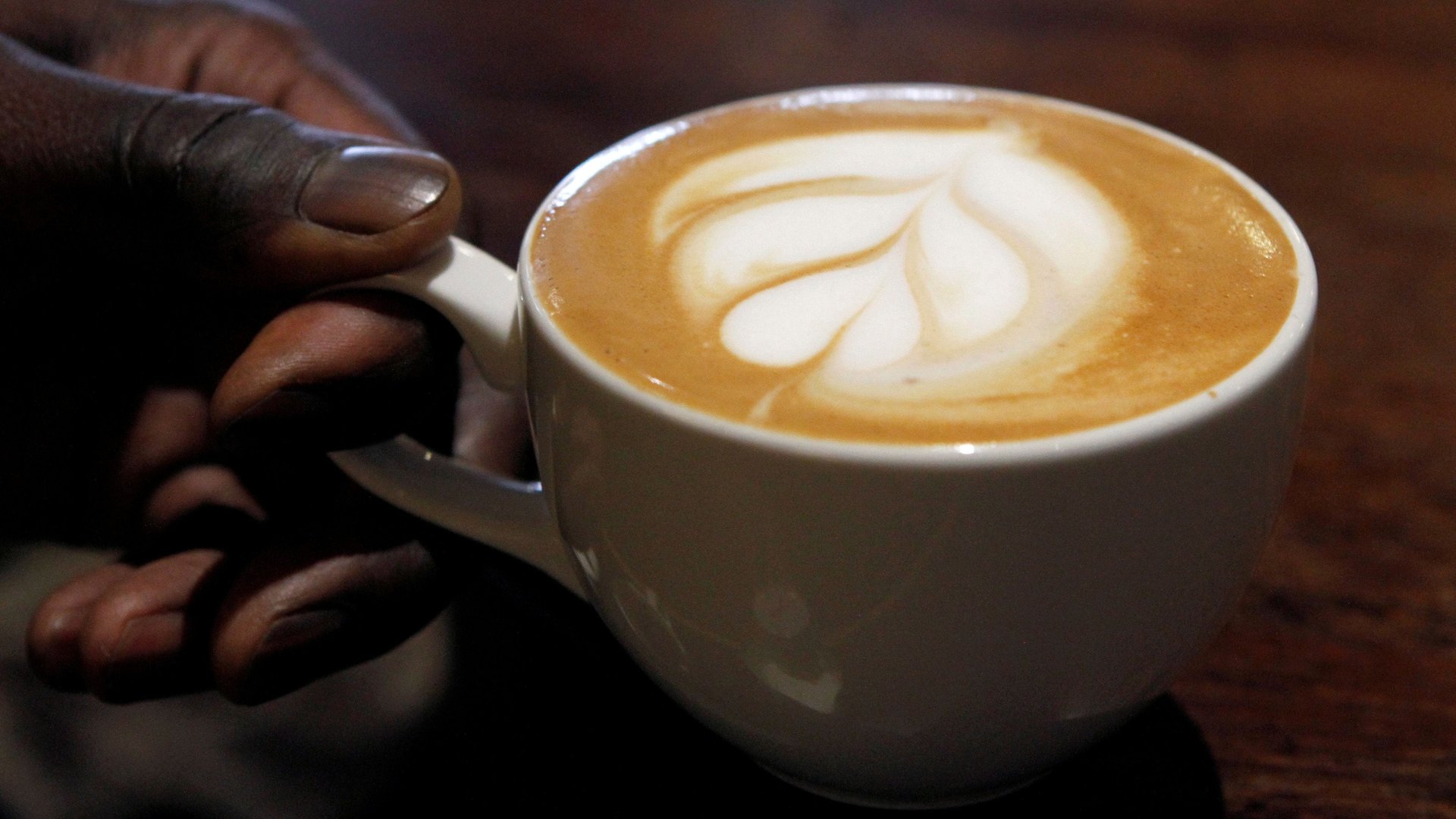Caffeine doesn’t just elevate your mood, it makes you like other people more too
How was your weekend? Are you super stoked to be back at work this morning? Personally, I can’t wait to pour a second cup of coffee and dial into an editorial video conference in a few minutes. This is actually true, and not just because as the parent of small children, work is my weekend. It also may have something to do with the coffee I started sipping as soon I got vertical.


How was your weekend? Are you super stoked to be back at work this morning? Personally, I can’t wait to pour a second cup of coffee and dial into an editorial video conference in a few minutes. This is actually true, and not just because as the parent of small children, work is my weekend. It also may have something to do with the coffee I started sipping as soon I got vertical.
A new study published in the Journal of Psychopharmacology found that people who consumed a moderate amount of caffeine before doing something with a group were not only more active participants, they also evaluated their own performance, and the performance of other group members more highly than in groups where the participants had not consumed caffeine prior to working with one another.
Caffeine plays an odd role in the human diet in that the beverages in which it occurs naturally, like coffee and tea, serve almost no caloric purpose. Even adding a bit of sugar to your tea or cream to coffee doesn’t make it something that nourishes so much as stimulates, and there’s plenty of research that finds caffeine to be very, very stimulating.
Proving what many of us already know, and rely upon—that caffeine perks us up—isn’t much of a breakthrough. Just ask anyone who missed their morning cold brew how they’re feeling and they’ll be likely to speak in terms of needing, rather than wanting, a coffee break. Caffeine blocks adenosine receptors in the brain, which dims the sensation of tiredness for a few hours.
The study attributes caffeinated participants’ positive assessments of themselves and others to heightened alertness—so it’s actual improved performance, not simply a warmer perception of others. But there may be a deeper reason we so often plan to collaborate with colleagues or meet new people over a cup of coffee.
Writing in Practical Ethics, a publication of the University of Oxford, Nadira Faber, a researcher in experimental psychology, explores the idea that the group dynamic goes more smoothly when participants are caffeinated, not just because caffeine drinkers were more alert and less tired, but more sociable as well. “My suspicion is that also here participants who drank caffeinated coffee just felt better about themselves and the whole group due to the mood- and sociability-enhancing effects caffeine has.” That’s one scientist’s take, not a peer-reviewed study, but Faber based her hunch on a large body of research on caffeine, and her own work on drugs that enhance cognitive ability and their social context.
In other words, caffeinated drinks may well be pro-social beverages that makes us feel better about not only ourselves, but about other people, too. No wonder we drink so much of the stuff.